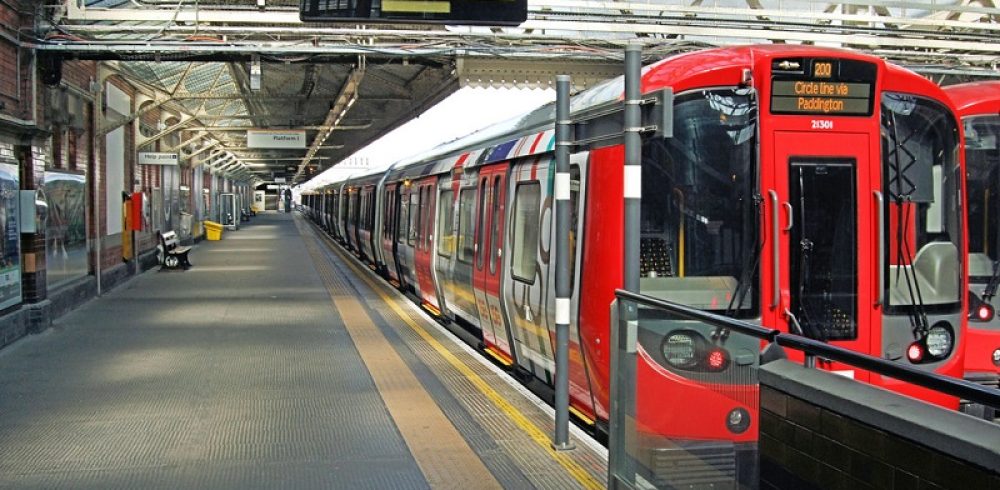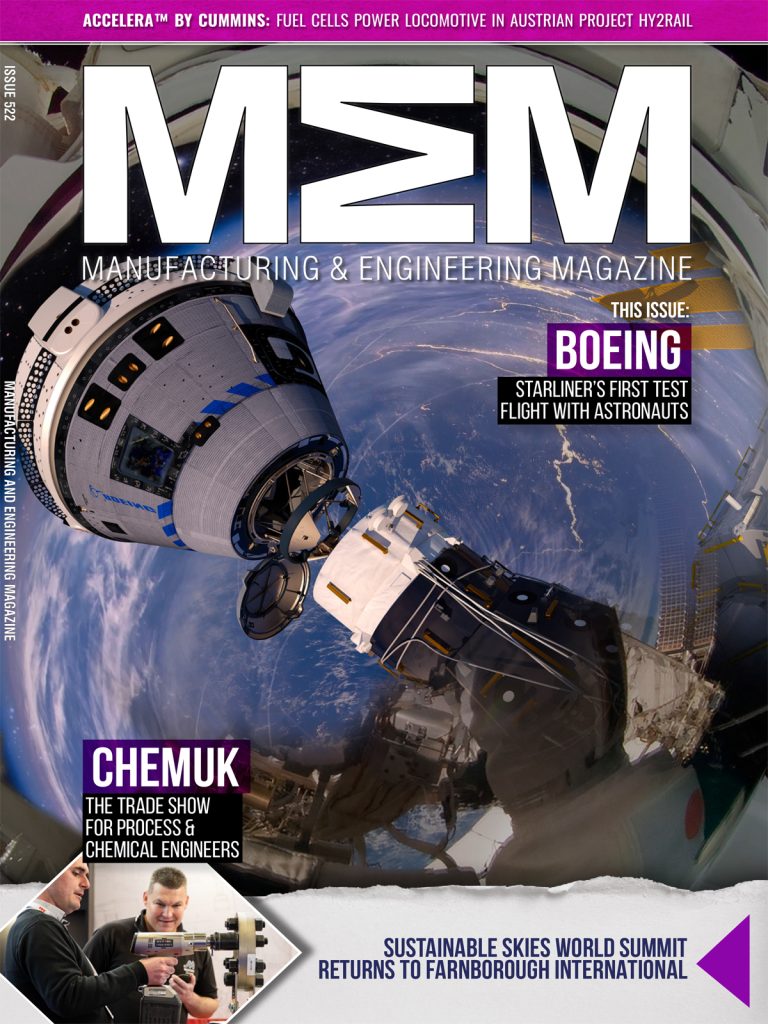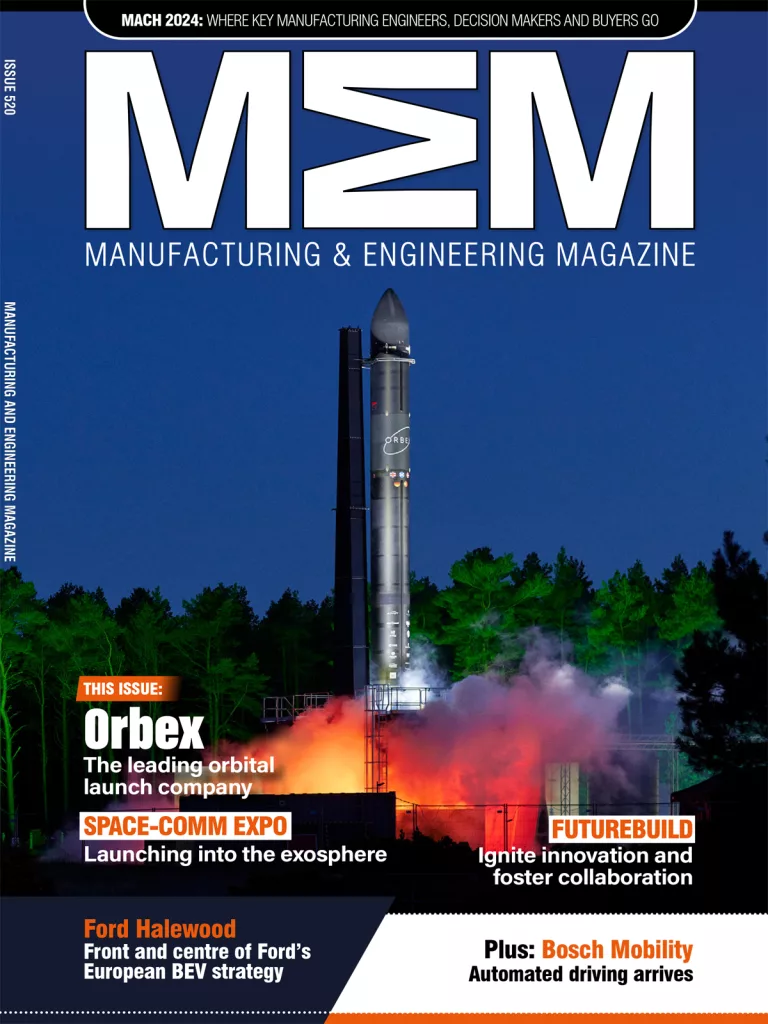Government Ministers and West Midlands Mayor Andy Street have announced that they will use the construction of the HS2 high speed rail line that will link London, Birmingham, the East Midlands, Leeds, and Manchester, as an opportunity to attract more women and people from ethnic minorities involved in engineering.
Mr Street and HS2 Minister Nusrat Ghani wrote for BirminghamLive, saying that the UK urgently needs more engineers, both to build the new rail line and for future construction projects. The answer to this issue is to get more women and ethnic minorities involved in engineering.
“There can be no doubt, diversity is one of the crucial issues we must tackle in the Year of Engineering, they wrote. “The engineering workforce has been 91 per cent male and 94 per cent white. In 2017, women were only eight percent of engineering apprenticeships. In an industry that ranges from aerospace and artificial intelligence, to media and medicine we need our future engineers to reflect the diversity of talent and experience all around us.”
The National College for High Speed Rail, near Aston University, was set up to train staff to build the HS2 line and it will teach 1,200 students each year.
However, the UK still needs a lot more engineers. “We need 186,000 engineers every year until 2024 and there is a shortage of 20,000 engineering graduates a year, they said.
The HS2 line is believed to attract more employers to the city. “The infectious energy of some of this countryâs biggest companies, who are already moving to the Midlands with plans to expand and seize the opportunities on offer, will drive forward the creation of new jobs and businesses, the pair said.
“HS2 is already helping attract world-class businesses to base themselves and invest in cities outside London, with companies like HSBC, Jaguar Land Rover and BBC Three already in Birmingham and others looking at a future in the West Midlands.”














